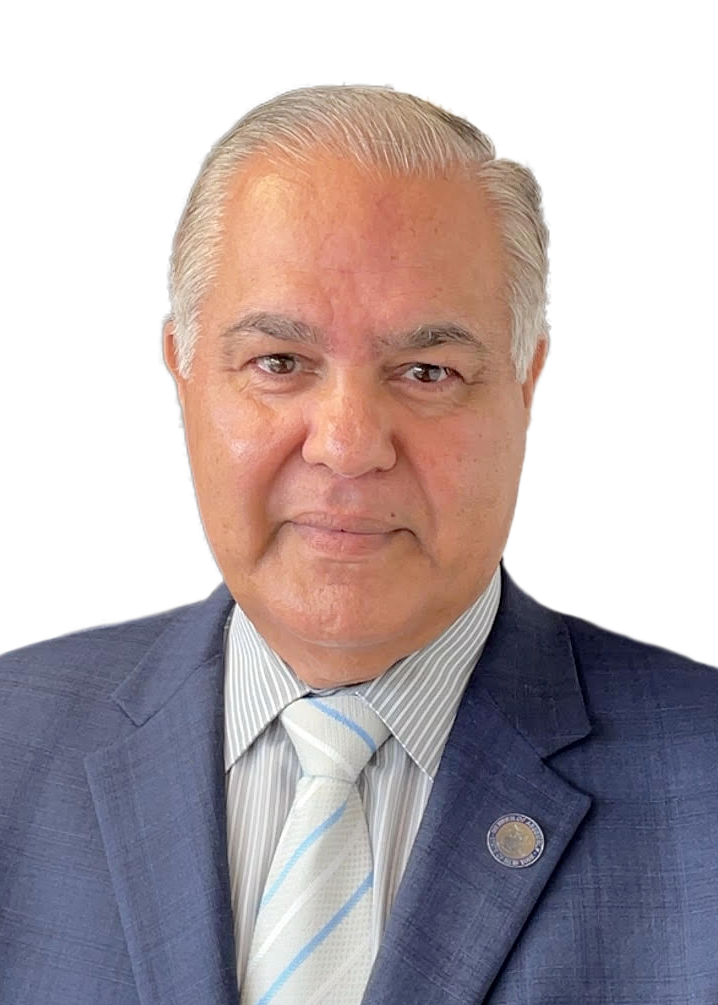Assemblyman Nader Sayegh: On Women’s Equality Day, We Are Continuing the Fight for True Pay Equity
Gender and race should never be deciding factors in a person’s chance at economic security or opportunity. New York State has always been at the forefront of progress and a steadfast advocate for women’s rights. In order to continue living up to that legacy, we must fight harder than ever to uphold our state’s true values – equality, fairness and respect. And a key part of that fight is closing the gender pay gap. As we celebrate Women’s Equality Day on Aug. 26, and commemorate the ratification of the 19th Amendment, I’d like to also take a moment to let you know the strides we made this past year to make our state more equal.
The gender and racial pay gaps hurt women, families and our economy. Women across the country only earn 80 cents for every dollar a man earns. It’s even less for African-American and Hispanic women, who earn 61 cents and 53 cents, respectively, for each dollar their white male counterparts earn. Even more troubling, the American Association of University Women (AAUW) predicts that, at the current rate, we won’t reach pay equity nationally for 100 years – a staggering statistic that demands corrective action. Although New York is close to closing the pay gap, white women here still make $13,147 less than their white male counterpart makes in a year, while African-American women make $24,370 less and Hispanic women earn $30,023 less. That’s why the Assembly is constantly focusing on this issue – passing two new laws this year to reach pay equity as soon as possible.
One of those measures expands equal pay provisions for substantially similar work and prohibits differentials in pay based on factors including age, race, gender identity or expression, national origin and all other protected classes (Ch. 93 of 2019). Sexism and bigotry simply have no place in our state. To further combat wage inequality, we passed a law prohibiting employers from requesting, requiring or seeking a current or prospective employee’s salary or wage history as a condition of employment or promotion (Ch. 94 of 2019). Currently, four states and Puerto Rico have laws forbidding wage history questions, and earlier this year, a federal appeals court ruled that employers cannot justify paying women less based on their previous salaries.
To help ensure public employees receive equal compensation regardless of status within a protected class or classes, the Assembly passed legislation implementing a principle of fair and equal pay for substantially similar work in terms of skill, effort, responsibility and working conditions (A.7748-A). Further, the Assembly passed measures that would direct the Department of Civil Service, in conjunction with the Office of Information and Technology Services, to study and publish a report examining the wage disparities in civil service job titles, as well as provide public employees with a private right of action to enforce their right to equal pay for substantially similar work and ensure the state complies with the federal Equal Pay Act of 1963 and the Civil Rights Act of 1964 (A.7125, A.1047-B).
Nearly 100 years after women won the right to vote, the fight for equality and opportunity wages on. Today, tomorrow and always, the Assembly will lead that fight, because every New Yorker deserves to be paid fairly for a hard day’s work.
If you have any concerns about this or any other community issue, please don’t hesitate to contact my office by emailing sayegh@nyassembly.gov or calling 914-779-8805.
